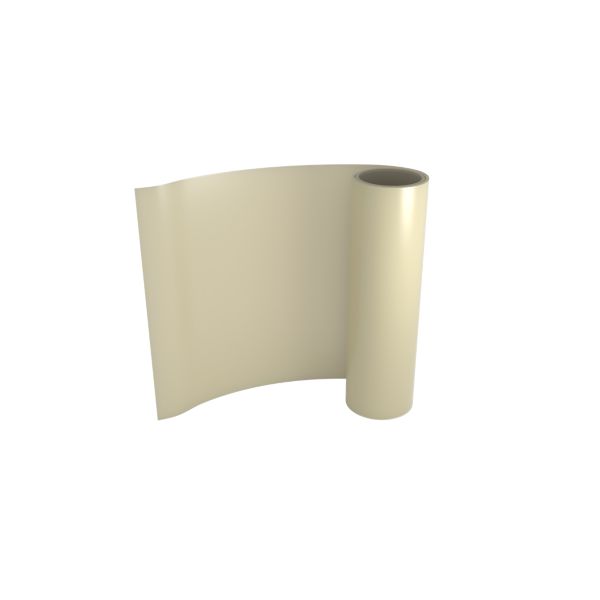LOCTITE ABLESTIK 563K
Harmonization Code : 3920.99.28.90 | Other plates, sheets, film, foil and strip, of plastics, non-cellular and not reinforced, laminated, supported or similarly combined with other materials ; Of other plastics ; Other; Other
Main features
- Good heat transfer
- Low squeeze out
- Thermally conductive
Product Description
LOCTITE ABLESTIK 563K epoxy adhesive film is suitable for bonding "hot" devices onto heat sinks where electrical insulation and good heat transfer are required. It exhibits low squeeze out during bonding. This product provides high strength over a wider temperature range than is normally associated with flexible films.
LOCTITE ABLESTIK 563K is a thermally conductive film with good heat transfer which manages to achieve a thin bondline with uniform bondline control. It comes without a carrier and is typically available in 50um and 75um microns.
Cure Schedule
- 30 minutes @ 150°C
- 2 hours @ 125°C
Technical Specifications
| General Properties | |
| Work life @25°C Work life @25°C Work life is the amount of time we have to work with a material until it is no longer able to be easily worked and applied on a substrate. It is based on the change in viscosity and it can rely on the application requirements. | 2160 hours |
| Thermal Properties | |
| Glass Transition Temperature (Tg) Glass Transition Temperature (Tg) The glass transition temperature for organic adhesives is a temperature region where the polymers change from glassy and brittle to soft and rubbery. Increasing the temperature further continues the softening process as the viscosity drops too. Temperatures between the glass transition temperature and below the decomposition point of the adhesive are the best region for bonding. The glass-transition temperature Tg of a material characterizes the range of temperatures over which this glass transition occurs. | 97 °C |
| Thermal Conductivity Thermal Conductivity Thermal conductivity describes the ability of a material to conduct heat. It is required by power packages in order to dissipate heat and maintain stable electrical performance. Thermal conductivity units are [W/(m K)] in the SI system and [Btu/(hr ft °F)] in the Imperial system. | 1.1 W/m.K |



